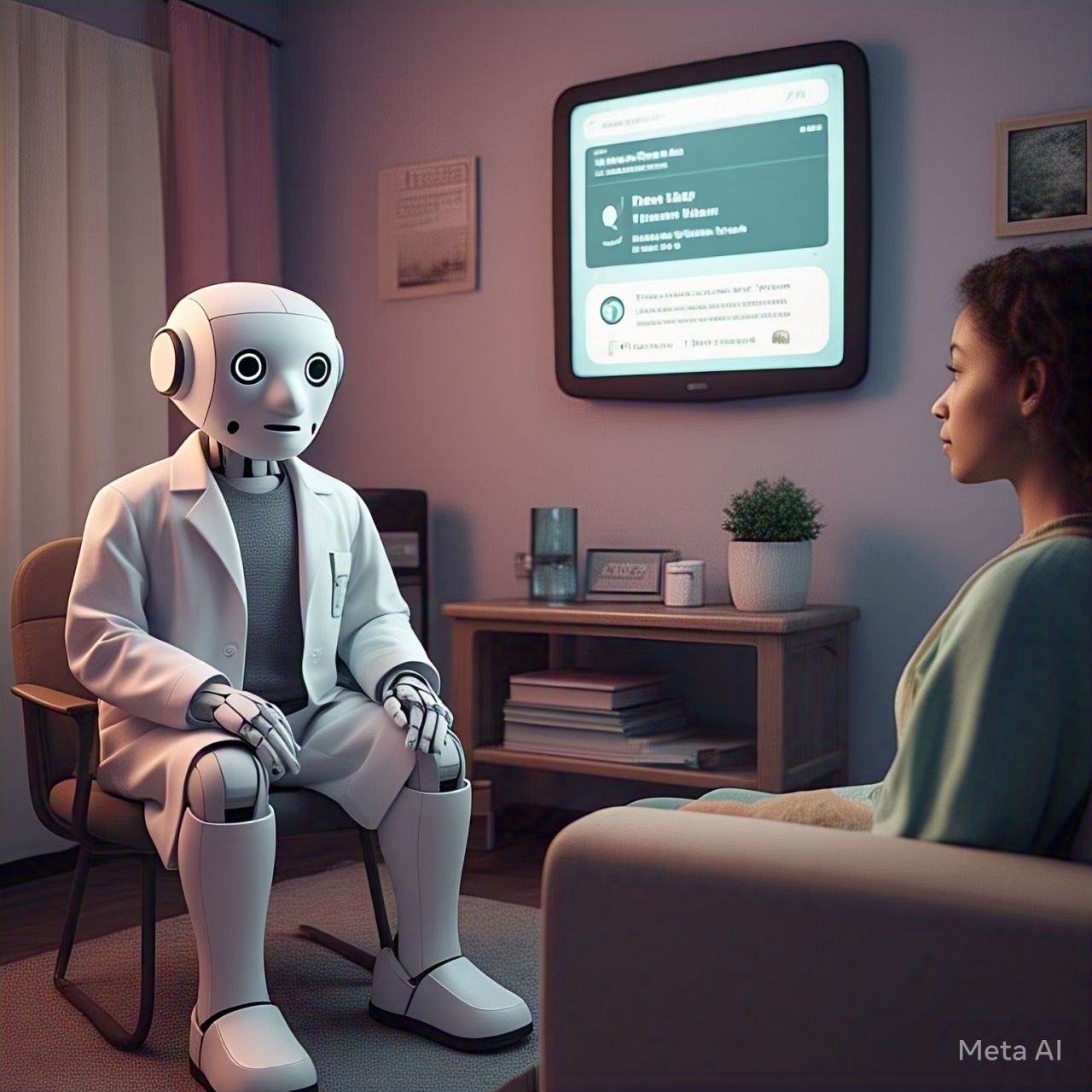Introduction
Artificial Intelligence (AI) is transforming mental healthcare by providing therapy bots and emotional support to individuals in need. With the rising demand for mental health services and a shortage of professionals, AI-powered chatbots offer accessible, immediate, and cost-effective psychological assistance. These intelligent systems use natural language processing (NLP) and machine learning to engage users in conversations, provide coping strategies, and support emotional well-being.
The Role of AI in Mental Health Support
AI-driven therapy bots serve as virtual mental health assistants, helping individuals manage stress, anxiety, and depression. By analyzing user inputs, they offer personalized responses, cognitive behavioral therapy (CBT)-based guidance, and mindfulness techniques.
1. AI Therapy Chatbots for Mental Health Assistance
AI chatbots, such as Woebot and Wysa, provide conversational therapy based on evidence-based psychological techniques. These bots interact with users, helping them navigate difficult emotions, track their mood, and develop healthier thought patterns.
2. 24/7 Emotional Support and Crisis Intervention
AI-powered mental health bots offer round-the-clock support, making mental health care more accessible. While not a replacement for human therapists, they serve as a first line of emotional assistance, providing immediate help to individuals experiencing distress or crisis.
3. Reducing Stigma and Encouraging Help-Seeking Behavior
For those hesitant to seek therapy due to stigma or financial concerns, AI therapy bots provide a judgment-free space to express emotions. This can encourage more people to seek professional help when needed.
4. Personalized Mental Health Tracking and Recommendations
AI-driven mental health apps analyze user interactions to track emotional trends, detect signs of worsening mental health, and provide personalized self-care recommendations. This proactive approach helps users manage their mental well-being effectively.
Benefits of AI in Mental Health Care
- Increased Accessibility: AI chatbots provide mental health support anytime, anywhere.
- Cost-Effective Therapy: AI-powered solutions make psychological assistance more affordable.
- Anonymity and Confidentiality: Users can seek support without fear of judgment.
- Consistent Support: Unlike human therapists with limited availability, AI bots are accessible 24/7.
Challenges and Ethical Considerations
Despite its benefits, AI in mental health care faces challenges such as limited empathy, data privacy concerns, and the inability to handle severe mental health crises. Ensuring AI chatbots provide accurate and ethical guidance while integrating human intervention when necessary remains crucial.
The Future of AI in Mental Health
As AI continues to evolve, therapy bots will become more sophisticated, integrating real-time emotional analysis and personalized therapeutic approaches. Future advancements may include AI-powered virtual therapists working alongside human professionals to create a hybrid model of mental healthcare.
Conclusion
AI in mental health is revolutionizing emotional support by making therapy more accessible and reducing barriers to mental health care. While AI chatbots cannot replace human therapists, they serve as valuable tools in early intervention, self-care, and emotional well-being. As technology advances, AI-driven therapy will play a vital role in the future of mental health support.





